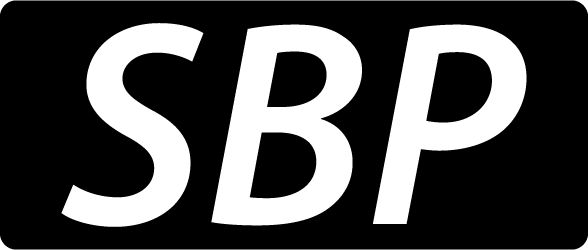Advantages
- Gems. There are a lot of gems, or plugins, that make integration much quicker.
- Libraries. You will find a gem for almost all the things you need and the best part is that they can be searched since they are publicly available
- Code Quality. The code that Ruby provides has a higher quality than other correspondents such as NodeJS and PHP
- Large Community. As far as the social coding website Github is concerned, Ruby is among the most appealing languages
- Productivity. Rails is a concise and effective programming language and, coupled with lots of third-party libraries, allows the user a quick development process. In fact, it’s known to be the most productive language.
- Tools. Ruby on Rails offers all the necessary tools to ensure the delivery of more functions in a short time
Disadvantages
- Runtime Speed. The general idea is that Ruby is rather slow. It was the main reason why the Twitter developers dropped it
- Boot speed. Working with RoR can be frustrating because it could take a while until it starts, the speed depending on the number of gem dependencies
- Even though Ruby has support for multi-threading, there are some IO libraries that don’t because they hold the Global Interpreter Lock.
- ActiveRecord. Ruby on Rails relies too much on ActiveRecord.
Components
- ActionPack
- ActiveSupport
- ActiveModel
- ActiveRecord
- ActiveResource
- ActionMailer
Development Tools
- RubyMine
- VIM
- Aptana Studio
- Emacs
- Sublime Tex 3
- Atom
- Cloud 9
- MVSC Visual Studio Code







